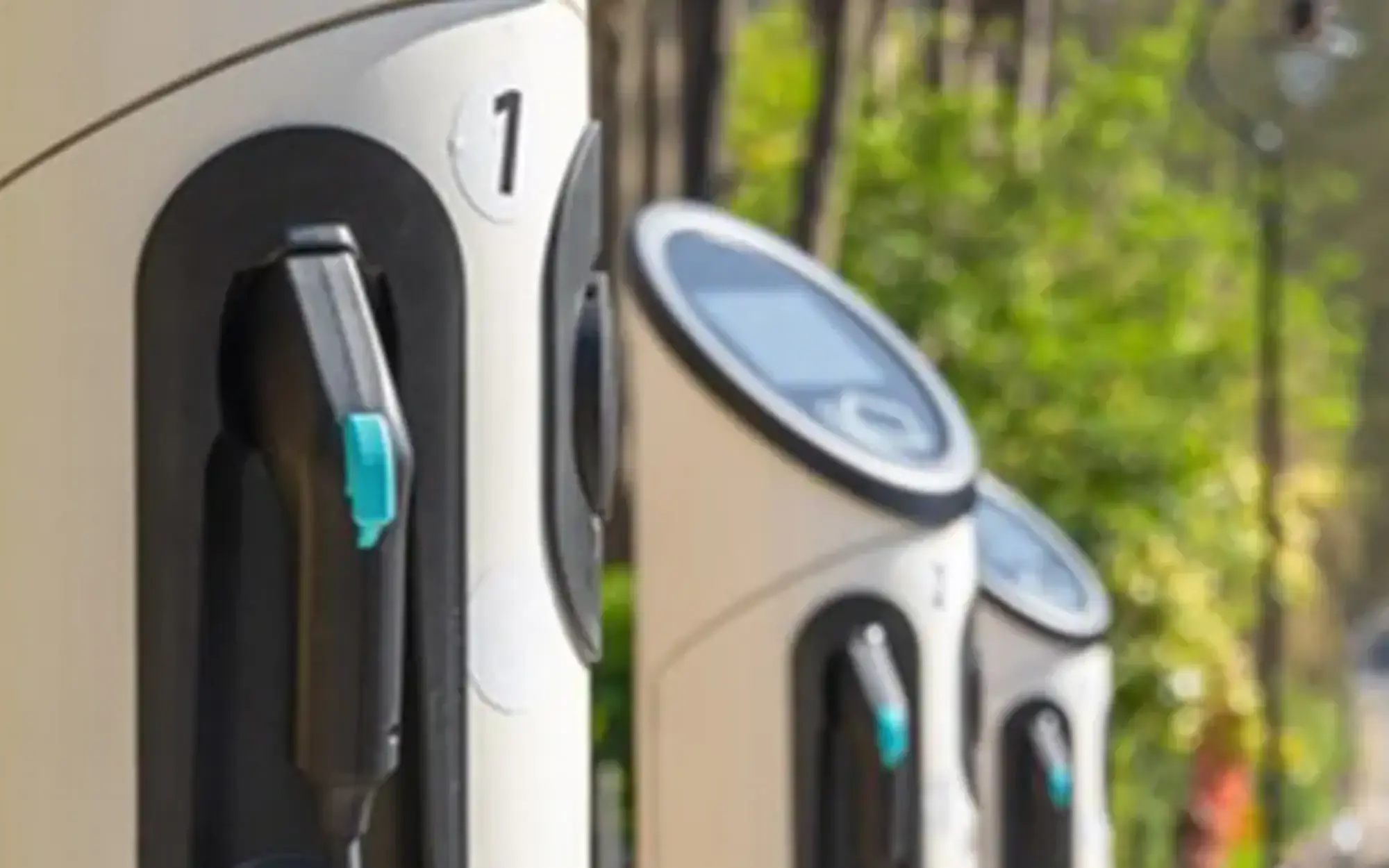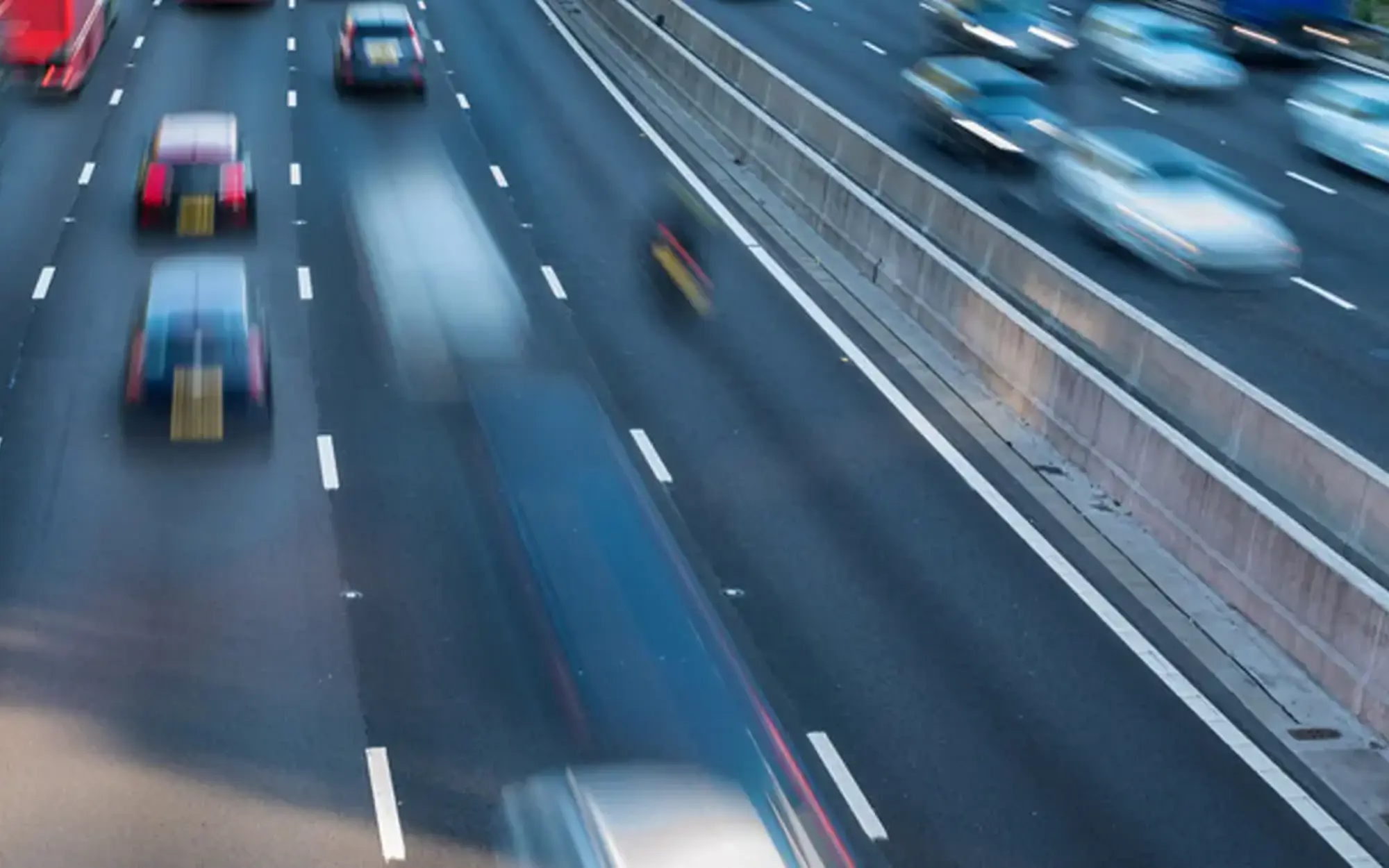
Salary sacrifice
Salary sacrifice schemes exist in many companies and can often be used by employers as a great incentive to attract and retain employees.
What is a salary sacrifice car scheme?
Salary sacrifice schemes exist in many companies and can often be used by employers as a great incentive to attract and retain employees. For the most part, salary sacrifice schemes involve trading in a portion of pre-taxed annual salary in return for goods or a service.
2017 tax changes
Prior to 2017, a salary sacrifice car scheme carried the same tax advantages as other salary sacrifice schemes; however, since April 2017, the employee is now required to pay income tax on either the value of the car or the amount of salary sacrificed. Any salary sacrifice car agreement that precedes the change in tax rules remains exempt from income tax until 2021. There is often confusion surrounding this, and many believe that 2021 signifies the death of salary sacrifice car schemes – which is not the case.
5 benefits of a salary sacrifice
Despite the addition of income tax to these schemes, there are still many benefits which can make leasing a car in this way a worthwhile option for an employee.
-
Better cars for a lower price
It is common for companies to acquire cars for a lower price than available to an individual consumer on the forecourt. This means that leasing a car from your employer can often be much cheaper than buying directly from a car dealer. Alternatively, you may be able to get a better car for your money than if you were to go it alone. -
No deposit required
Another cost and time-saving benefit to such a scheme is that unlike typical car financing packages, company salary sacrifice cars frequently do not require you to pay any deposit on the car. -
All-inclusive car packages
In addition to the price of the vehicle itself, salary sacrifice car schemes usually include the essential extras that come with car ownership. Most of the benefits that can often come with a company car are included in a salary sacrifice car scheme such as road tax, insurance, breakdown cover, servicing, and maintenance. In essence, all of the hassle, organisation, and effort that comes with buying a car, and then ensuring it remains roadworthy, is taken from you and dealt with by your employer. -
Fairness among employees
For an employer, offering a salary sacrifice car scheme can help alleviate some hierarchal issues by offering wider car ownership throughout the company, rather than accepting that those whose seniority qualifies them for a company car are the only ones who own one. -
Remaining tax advantages for ULEVs
Although the tax benefits of salary sacrifice car schemes have lessened considerably since the rule changes in 2017, there is still a way to avoid paying tax on the salary sacrifice car or the exchanged salary through environmentally friendly cars.
What about ultra low emission vehicles?
Ultra Low Emission Vehicles (ULEVs) – cars emitting 75g/km CO2 or less – are eligible to purchase on a salary sacrifice basis and are exempt from the new tax rules in the hope of reducing CO2 emissions on UK roads. Moving to a more environmentally friendly vehicle could help not only reduce your and your company’s carbon footprint but can also save you even more money on a salary sacrifice car scheme.
Disadvantages of salary sacrifice
While there are many benefits to salary sacrifice car schemes, there are also potential drawbacks to consider:
-
Impact on borrowing capacity
Having a lower salary may affect the amount you can borrow for a mortgage or other loans. -
State benefits entitlement
Your entitlement to certain State benefits, such as Statutory Maternity Pay, might be affected. -
Life cover reduction
Life cover, often calculated as a multiple of your salary, might be reduced if you sacrifice part of your salary. -
Defined benefit pension schemes
If you’re in a defined benefit scheme and leave within the first two years, you might not get a refund of your contributions, as salary sacrifice contributions count as employer contributions. -
National Minimum Wage compliance
Salary sacrifice could potentially bring your earnings below the National Minimum Wage, leading to compliance issues for both employee and employer.
Is salary sacrifice worth it?
All in all, whilst salary sacrifice car schemes are perhaps not as lucrative to an employee as they once were, there is no doubt that they are a great incentive for an employer to offer. These schemes are still capable of saving the employee money and the many benefits of having your employer manage the logistics of car ownership can release a real burden from you when running a vehicle. With the additional incentive of encouraging the use of more hybrid and electric cars to further reduce costs for the employee, there are very few negatives to operating or participating in a salary sacrifice car scheme.
Business Breakdown Cover
Keep your business moving
Pay monthly from £11.00 per vehicle – exclusive to the RAC




